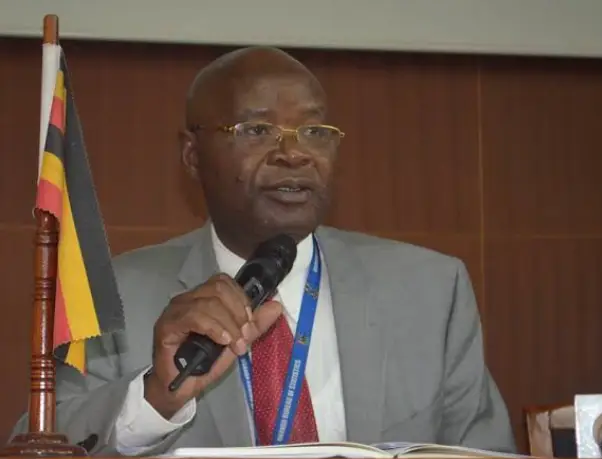The Uganda Bureau of Statistics (UBOS) is set to conduct the National Population and Housing Census (NPHC) 2024 for 10 days from May 9–19, 2024.
Dr. Chris Mukiza, the Executive Director of UBOS, said while appearing on national TV on Monday, March 25, 2024, that the 2024 census will be carried out digitally, which will help to collect and capture the right information, conserve the environment, and save time.
“We are not going to use any paper. It is a paperless census; we are not going to come with very big books and questionnaires. We are translating those questions into a soft form and putting them on the tablets. We are not going to see forests cut, and we are manufacturing paper for UBOS to carry out the census. We are saving our environment,” Mukiza said.
The exercise follows President Yoweri Kaguta Museveni’s launch of the NPHC 2024 activity on December 12, 2023. Every 10 years, Uganda holds a national census, with the last one being carried out in 2014.
Mukiza noted that data collection will involve gathering information, correcting errors, editing, and performing other tasks, which will ensure a quicker data analysis than in previous years.
“If the person comes to your house and inputs information at the headquarters, the supervisor at the parish is looking at what you are doing; if you make a mistake, they will tell you no; here you go back. You may not jump to the next question if you have recorded the wrong answer. We have some checks, and if there is a mistake, you can’t progress,” Mukiza said.
He said that using tablets helps in saving the environment since Uganda has been going through climatic change, which is a real issue, and that saving those trees is also a contribution from UBOS.
Mukiza added that the reason why UBOS is carrying out the census is to ascertain Uganda’s rightful population and those in need of services, security, better roads, clean water, and people’s standards of living because it is not only a population census but also a housing census.
“We want to look at the housing statistics of the people in Uganda. Last year, we had people living in mud houses. Have we transformed? It is part of answering the question of socio-economic transformation. Have we remained stagnant, or is the number of mud and wattles increasing instead of reducing?” Mukiza noted.
The census statistics play a critical role in guiding planning, policy formulation, and programme implementation, as well as monitoring development progress in line with national goals and objectives.
The census exercise will use digital technology to collect, process, and disseminate census results. The digital census will enable UBOS to produce accurate and timely demographic, social, and economic statistics.















